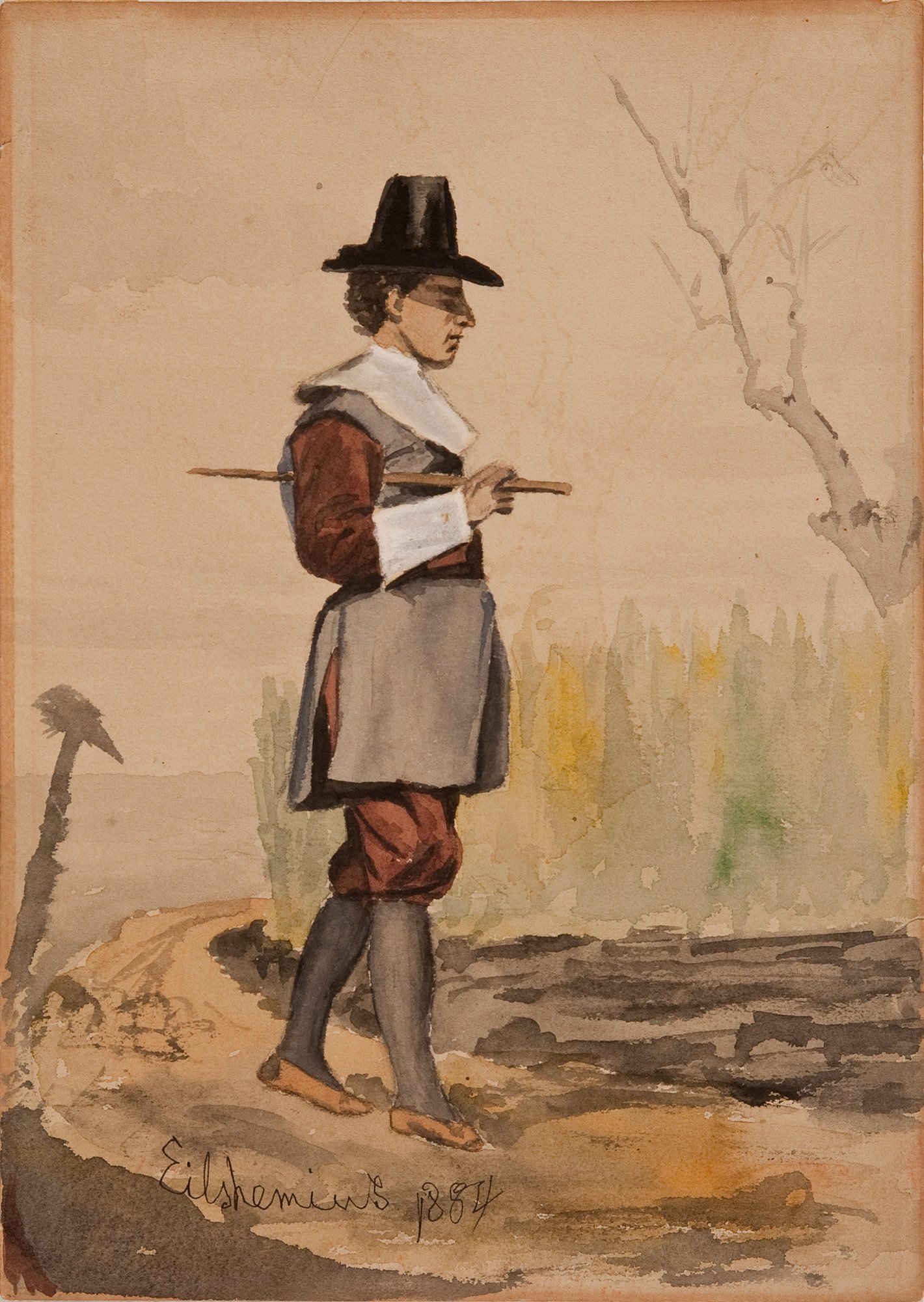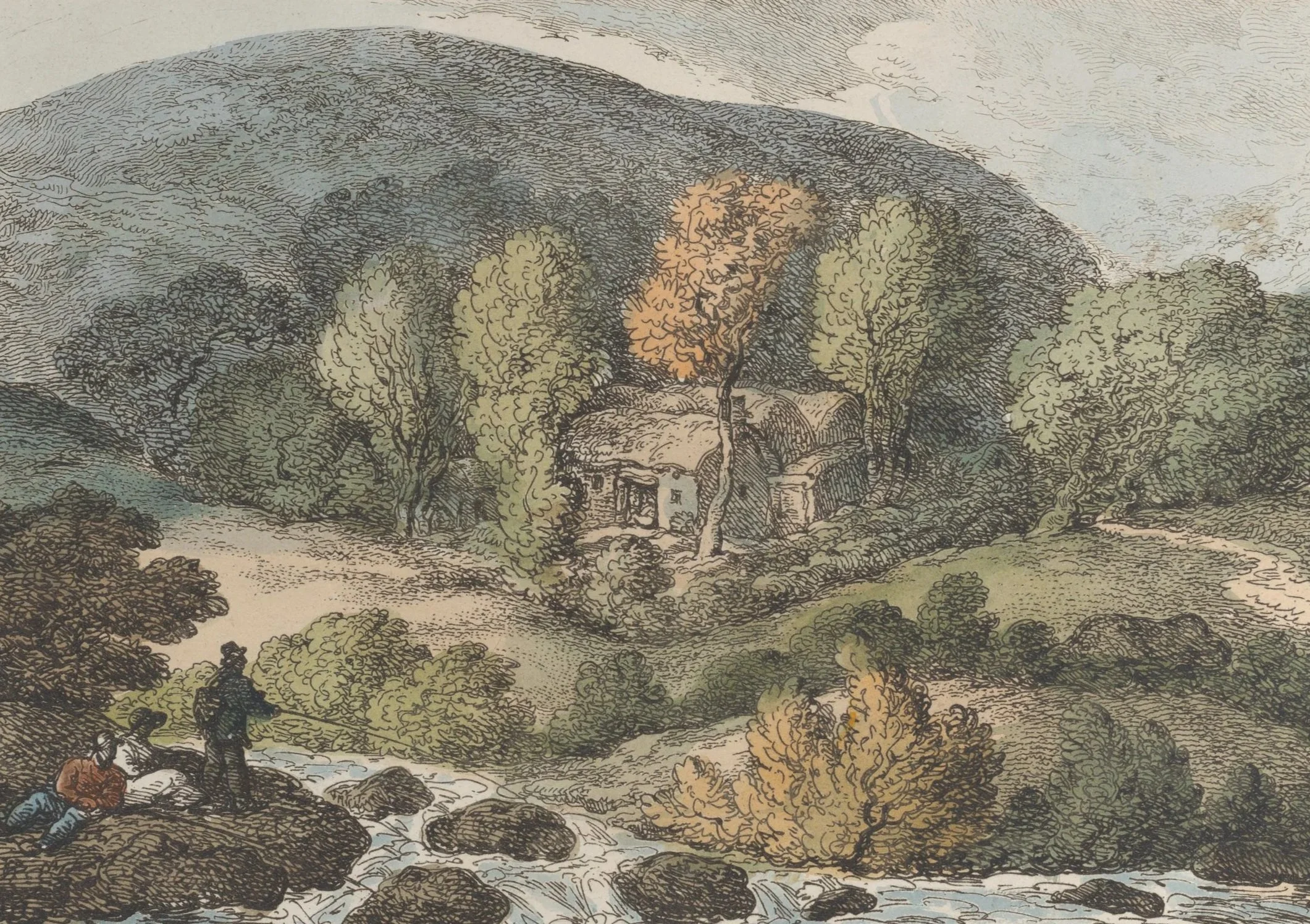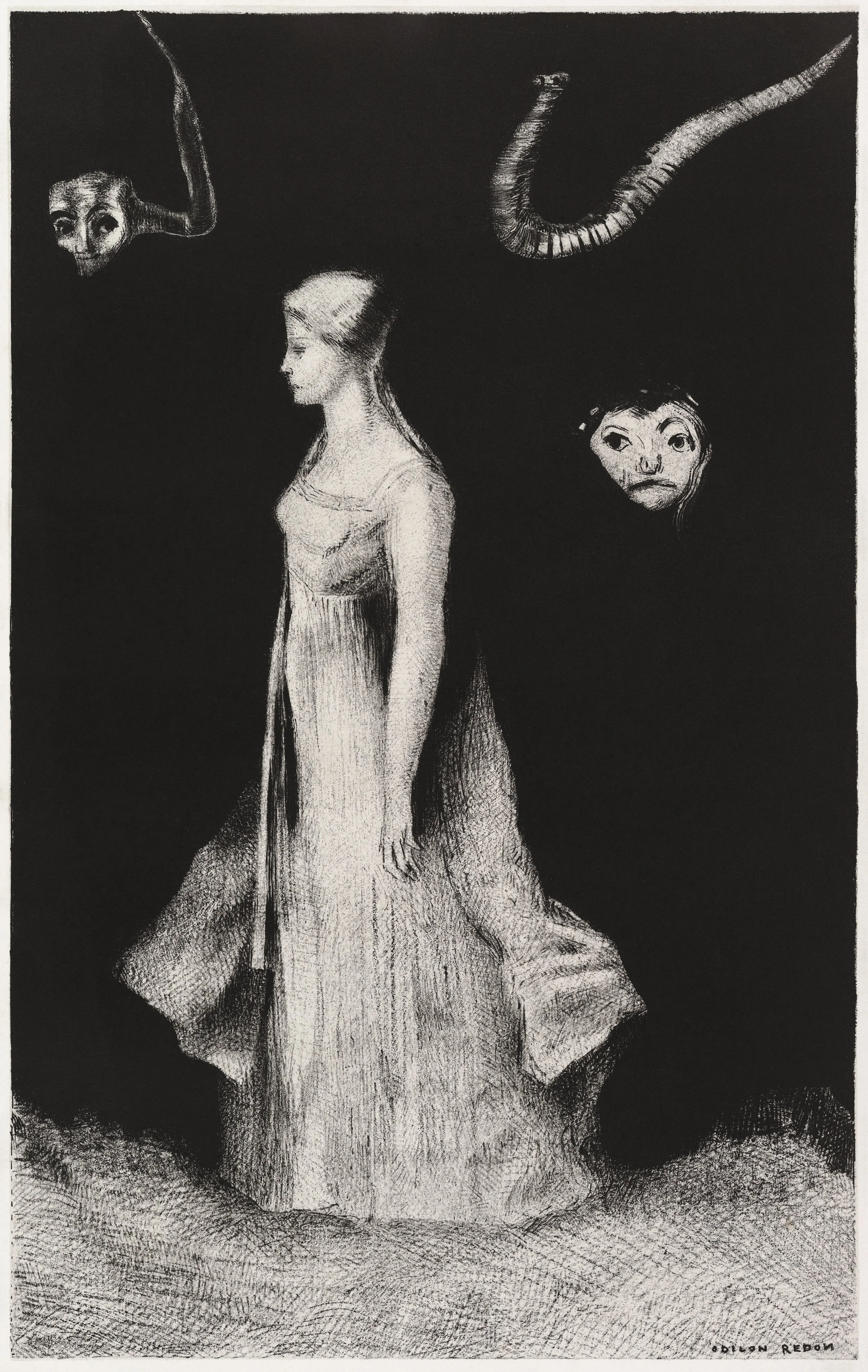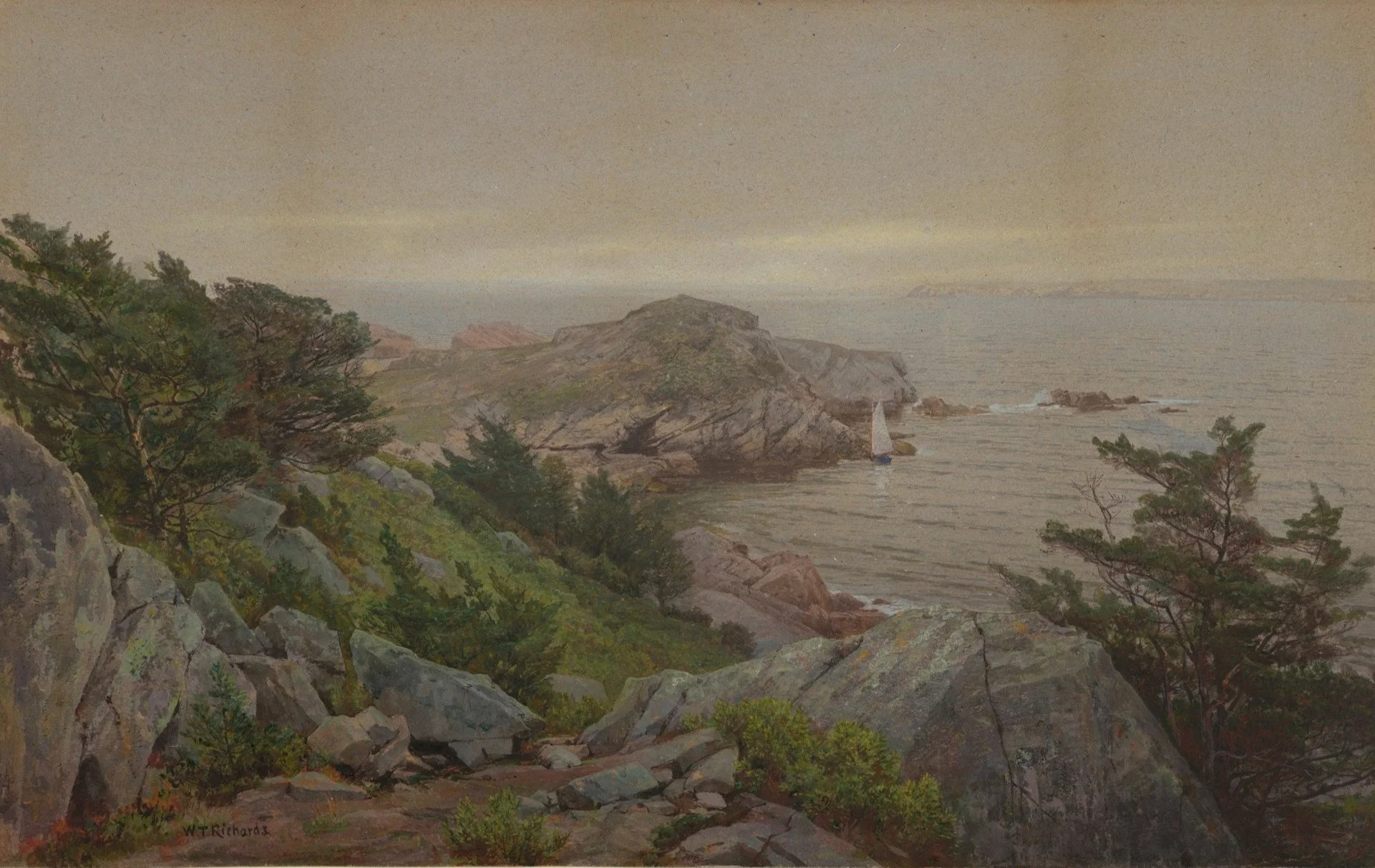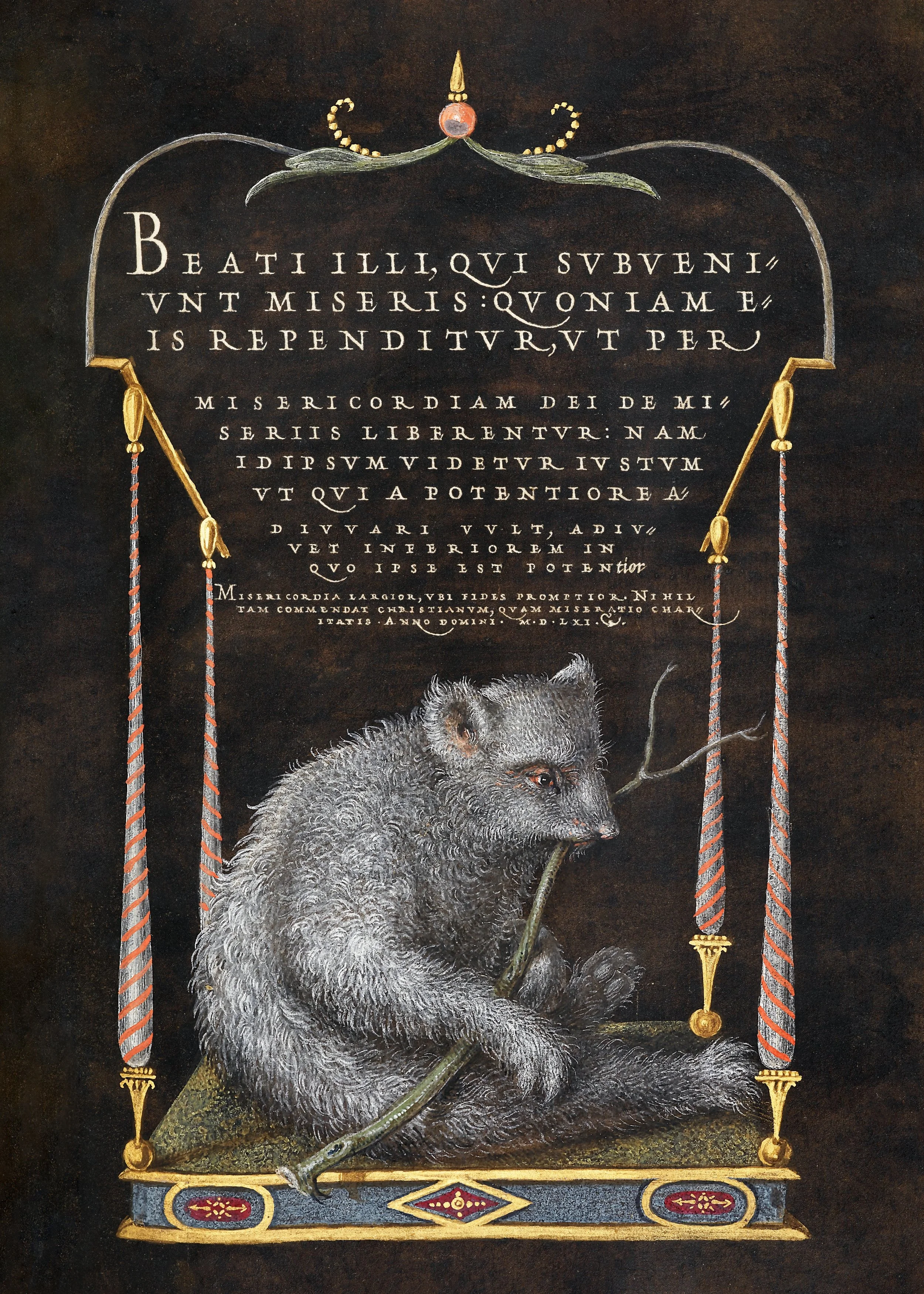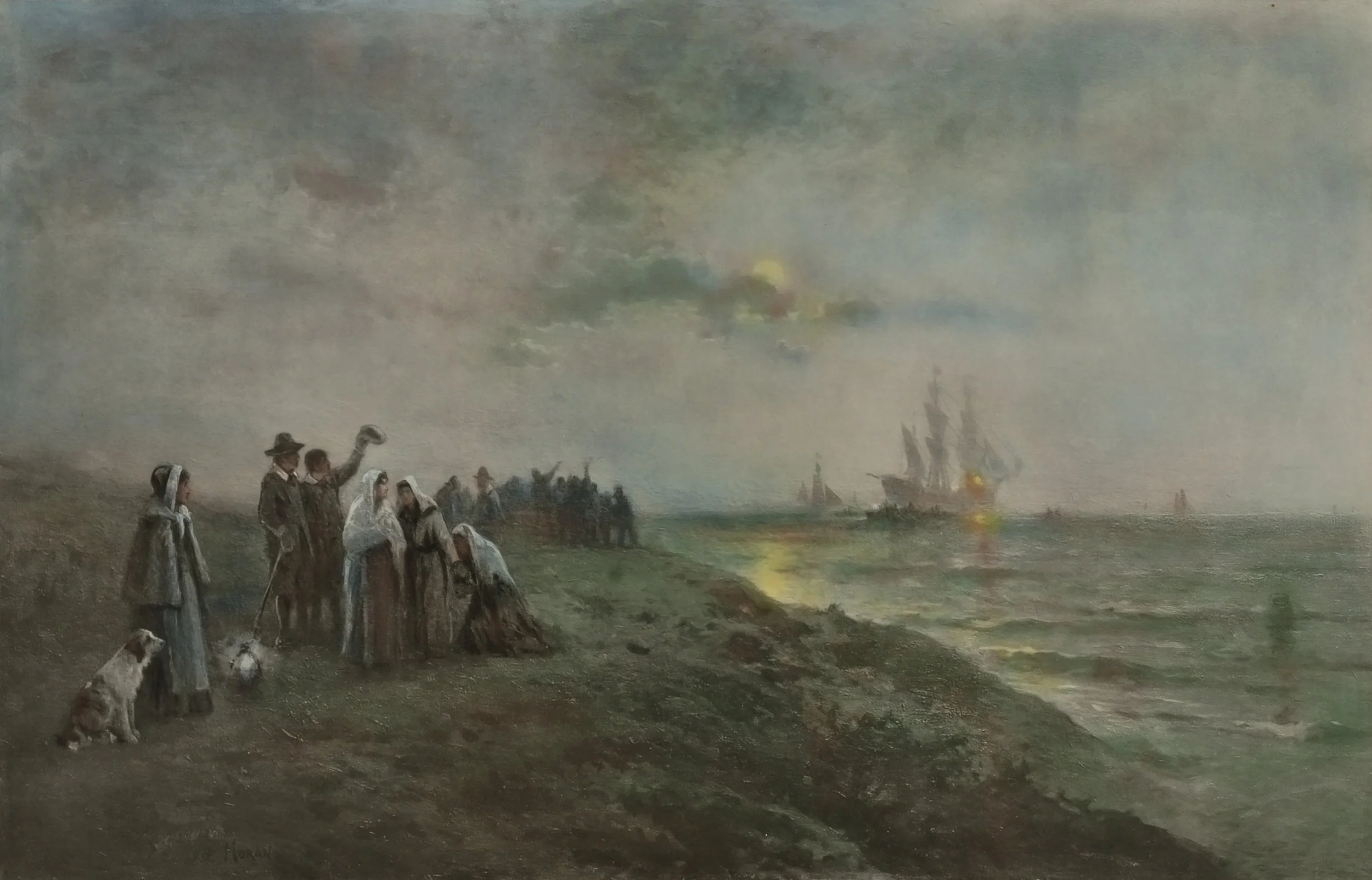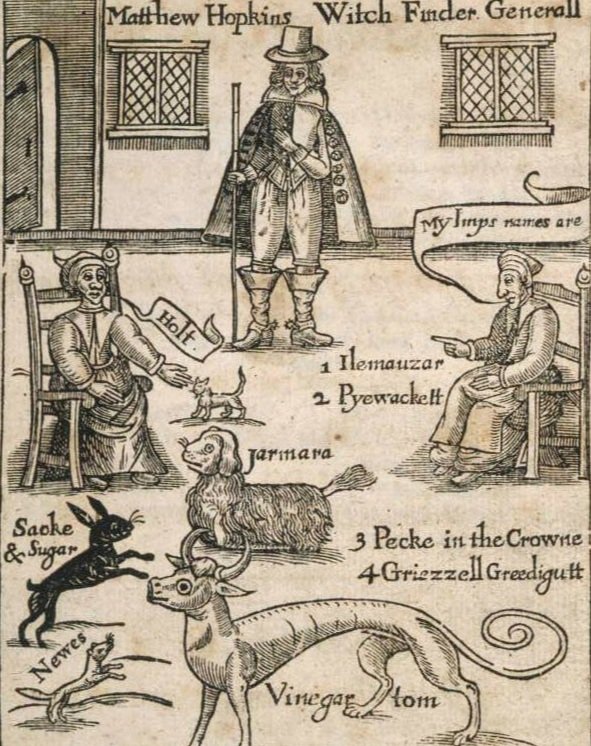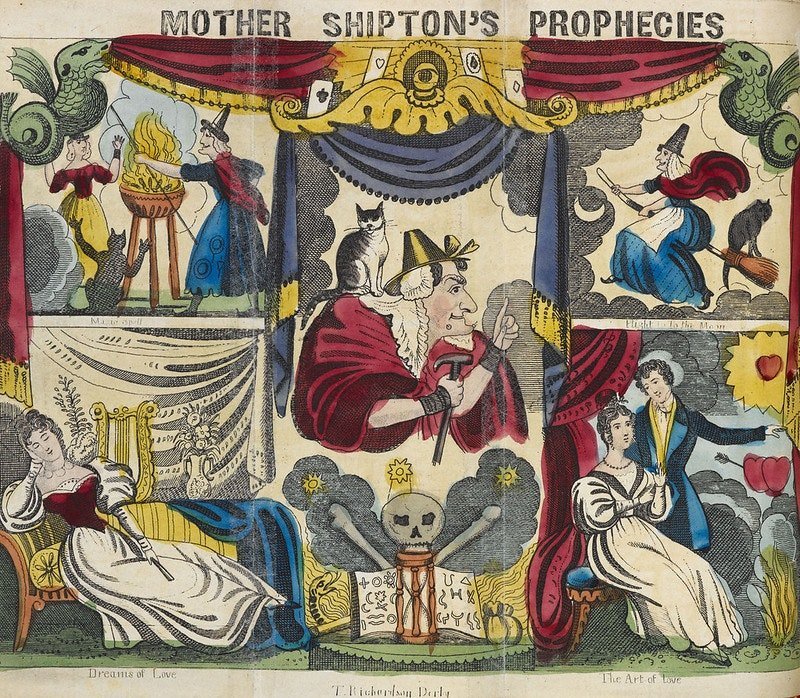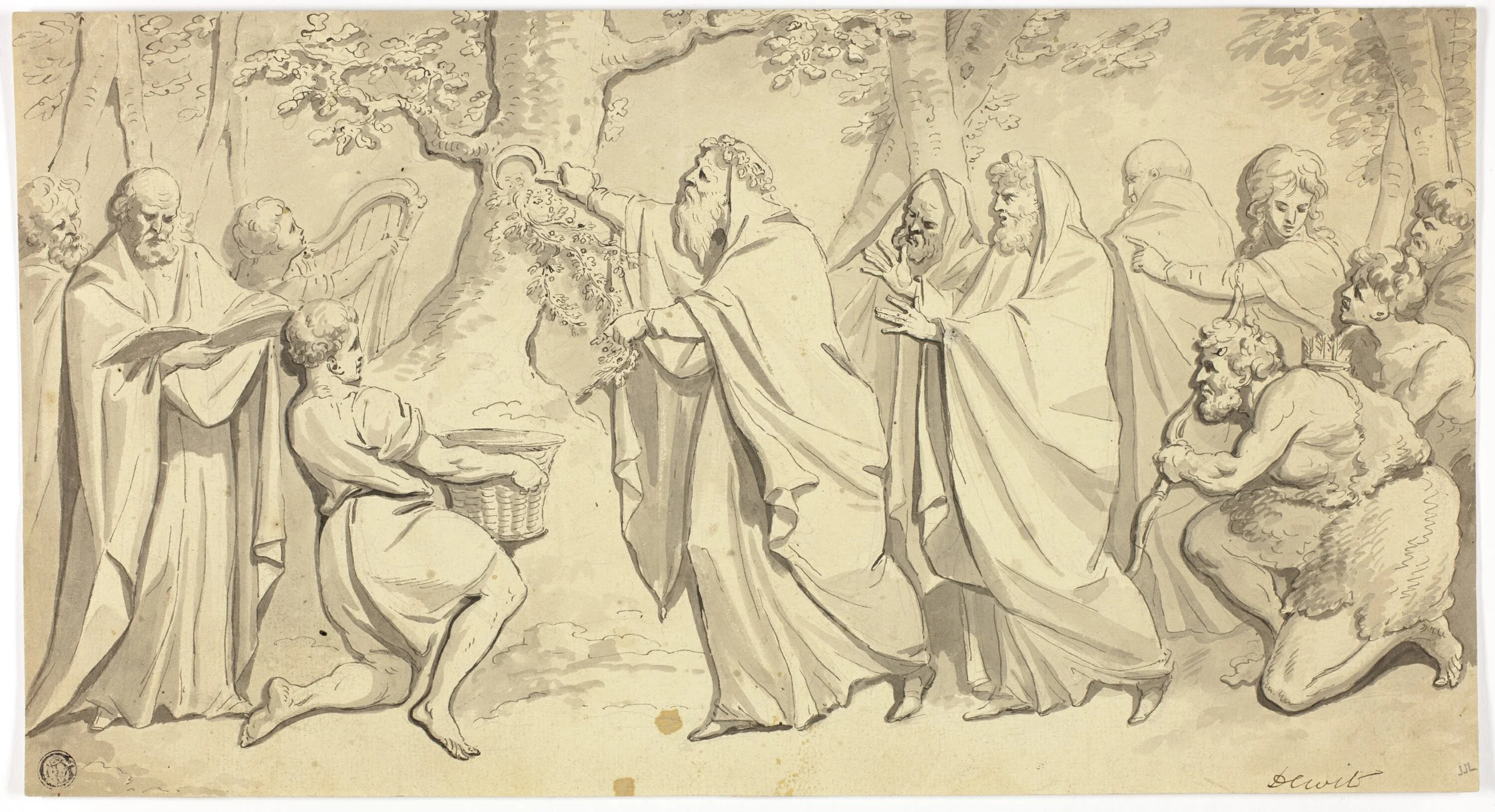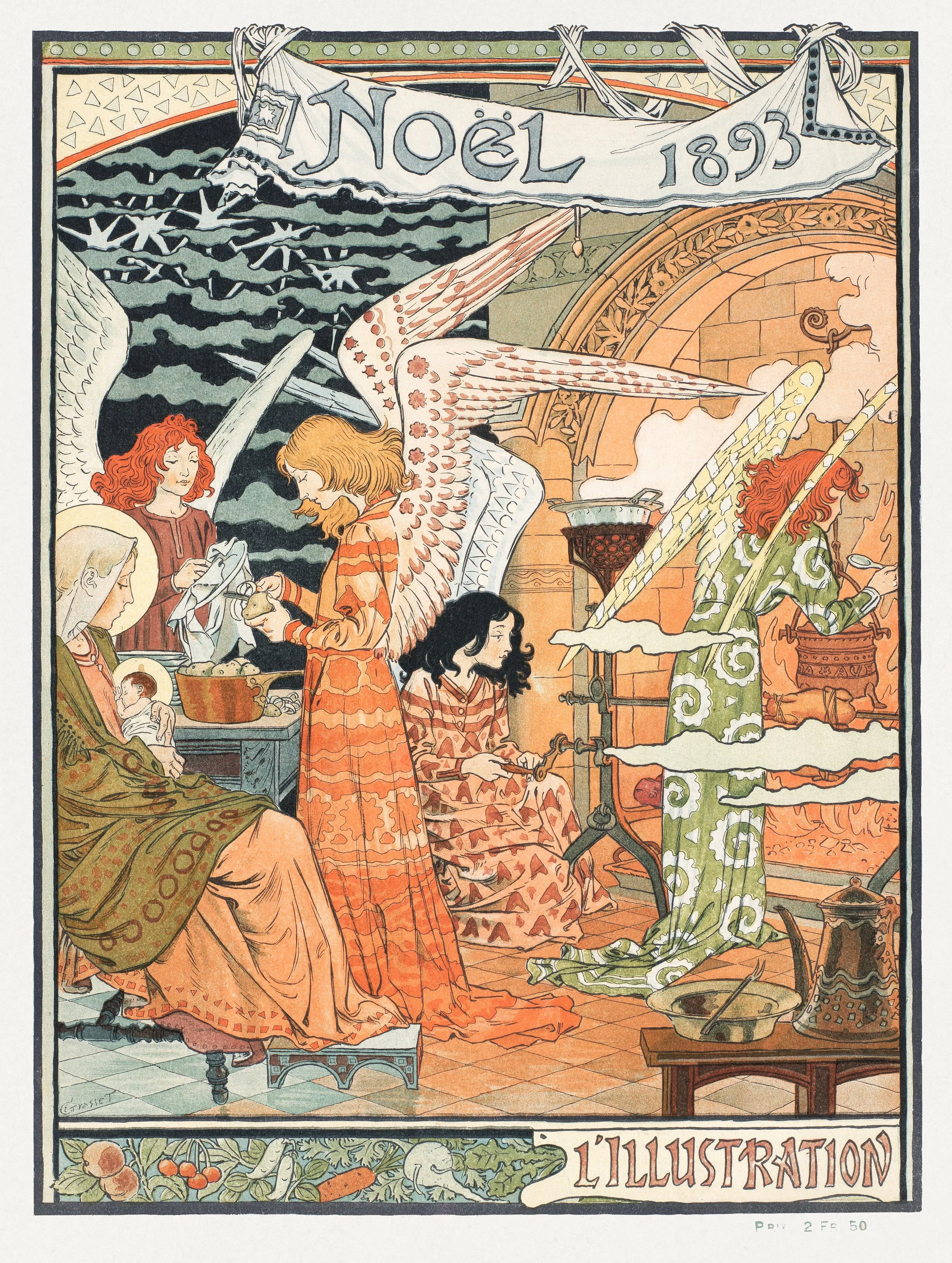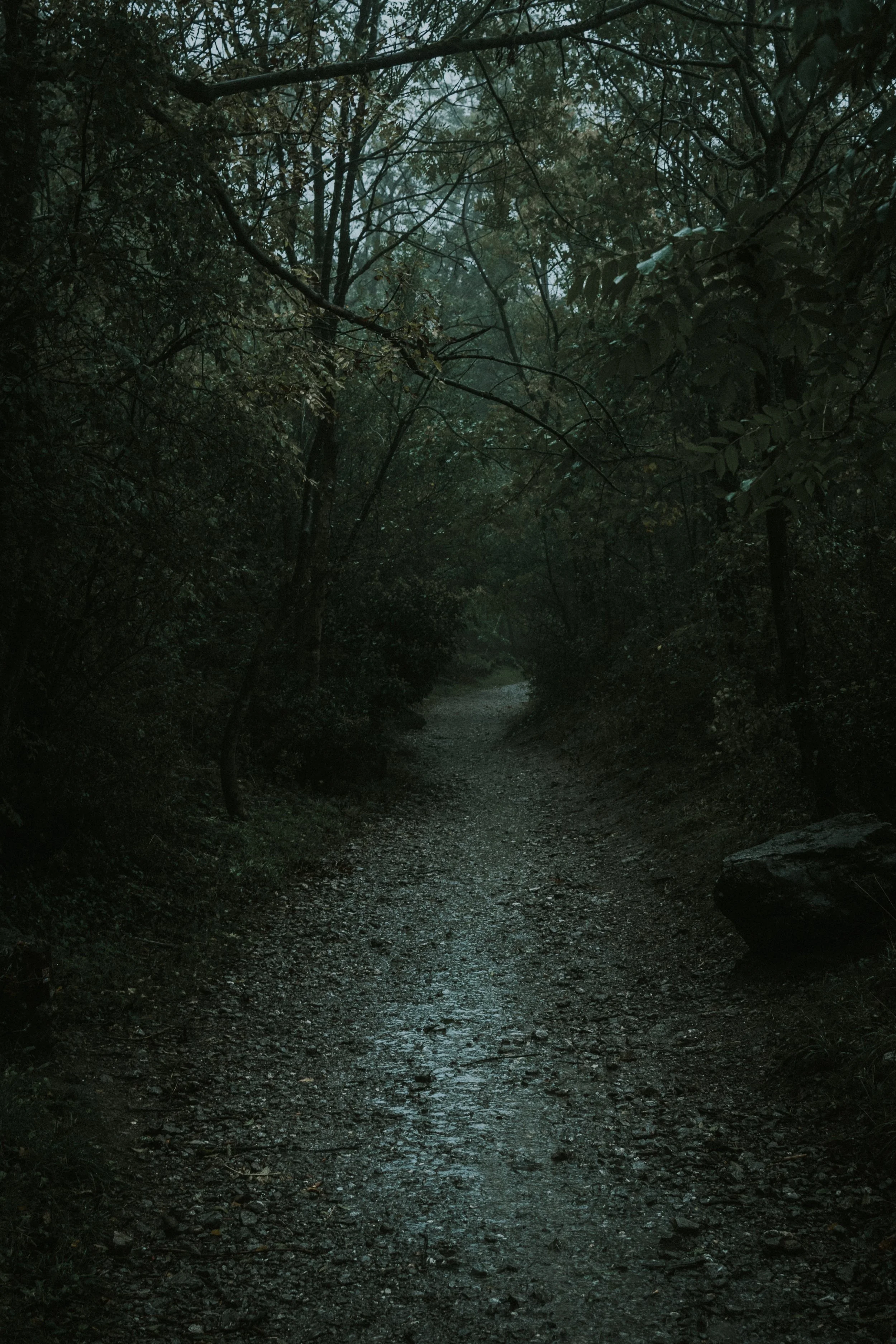
History
Puritan Peculiarities
A wry look at the stranger habits of early Puritan society, from extravagant virtue-themed names to the strict punishments and “Blue Laws” that governed colonial life. This excerpt, compiled by C. C. Bombaugh, captures the earnestness and eccentricity of a culture striving to legislate morality down to the last detail.
Cornish Feasts and “Feasten” Customs
This text is a richly detailed catalog of traditional Cornish feast days, seasonal rituals, local fairs, and community customs, capturing how the region marked the year through celebration, superstition, and shared practice. It offers a vivid glimpse into Cornwall’s cultural life, part domestic tradition, part communal festivity, and entirely rooted in the rhythms of everyday people.
The Apaches
The opening part of Geronimo’s Story of His Life moves from an Apache creation story to memories of homeland, tribal divisions, games, medicine, and family, Geronimo’s own account of who his people were before war and conquest. Told late in life from Fort Sill, these chapters sit at the crossroads of myth, cultural history, and memoir.
Modern Ghosts
Modern Ghosts explores how specters have adapted to the styles and anxieties of modern fiction, shifting from the sprawling Gothic novel to the sharper, more psychological short story, and expanding their powers from pallid wraiths to vivid, corporeal, and even humorous presences. No longer bound to castles or midnight hours, these ghosts haunt trains, bedrooms, and everyday lives, reminding us that while mortals fade, the ghost never goes out of fashion.
The Gothic Romance
Discover the rise of the Gothic novel as the foundation of supernaturalism in modern English literature, exploring its roots in medievalism, its reliance on haunted settings, ghosts, witches, devils, and its role in shaping themes of terror and mystery. And learn how Gothic fiction introduced new narrative conventions — castles, storms, dreams, and madness — that influenced both later Romantic works and supernatural storytelling.
Yule-tide of the Ancients
In this sweeping, syncretic account of ancient winter rites, Pringle and Urann trace Christmas’s pagan inheritance with anthropological exuberance, where mistletoe is deadly, boars are solar, and the sun’s return is a matter of mythic urgency. Long before the birth of Christ, Yule was already ablaze with light, feasting, and the longing for resurrection.
The Witch Mania
In this chilling chronicle of collective delusion, Charles Mackay unpacks the dark grip of witchcraft hysteria on early modern Europe, where fear masqueraded as faith and thousands perished beneath the weight of spectral evidence. The essay is less an account of isolated trials than a study in the tragic elasticity of mass belief.
Yule-tide in England
Yule-tide in England evolved from Druidic ritual and Celtic mirth into centuries of roaring fires, wassail bowls, and lavish feasts that reached their zenith in the Tudor and Stuart courts, where mistletoe, mummers, and the boar’s head held symbolic sway. Though later tempered by Puritan austerity and modern restraint, England’s Christmas traditions remain steeped in a history of communal revelry, spiritual observance, and enduring seasonal superstition.
Christmastide Customs
In Christmastide Customs, Bertha F. Herrick traces the rich tapestry of Christmas traditions across time and cultures, from Druidic rites and Bavarian superstitions to the English Lord of Misrule and the legends of Bethlehem. Blending folklore and ceremony, the piece reflects a nostalgic fascination with the sacred and strange roots of the holiday season.
Christmas Eve and the Twelve Days
In Christmas Eve and the Twelve Days, Clement A. Miles explores the supernatural richness and folkloric complexity of the holiday season, where saints and spirits, pagan remnants, and Christian rites mingle in a charged atmosphere of wonder and dread. From German Christkind figures and Slavic carols to Scandinavian trolls and Greek Kallikantzaroi, the Twelve Days emerge as a liminal time when the sacred and uncanny draw unusually close.
Literary Forgeries
In this wide-ranging and slyly erudite essay, Andrew Lang dissects the art of literary forgery with more amusement than outrage, revealing a long tradition of hoaxes that blur the line between scholarship and charade. From Onomacritus to Ireland, Lang draws out the comic futility of chasing authenticity in a world where erudition and credulity so often walk hand in hand.
Halloween Beliefs and Customs in Brittany and France
A toast is drunk to the memory of the departed. The men sit about the fireplace smoking or weaving baskets; the women apart, knitting or spinning by the light of the fire and one candle. The children play with their gifts of apples and nuts. As the hour grows later, and mysterious noises begin to be heard about the house, and a curtain sways in a draught, the thoughts of the company already centred upon the dead find expression in words, and each has a tale to tell of an adventure with some friend or enemy who has died.
Scottish Halloween Superstitions
Drawing on Highland lore and Druidic remnants, W. H. Davenport Adams’s account of Scottish Halloween customs reveals a twilight world where apples predict love, fire wards off famine, and the veil between past and present grows disconcertingly thin. It is not merely a catalogue of superstition, but a meditation on how cultural memory clings to ritual long after belief has faded.
Curiosities Respecting Temples
An eccentric omnibus of sacred marvels and architectural oddities, Platts’s chapter leaps from Scottish battlements to Spanish palaces, Swiss hermitages, and Chinese fortifications with the gleeful conviction that wonder alone is evidence enough. Less concerned with chronology than spectacle, it captures the 19th-century impulse to collect the world’s grandeur like postcards.
“Theire Soe Admirable Herbe” or, How the English Found Cannabis
In this richly layered account, Breen traces the psychoactive journeys of 17th-century English merchants and natural philosophers as they encounter cannabis in South Asia, not as a colonial commodity, but as a marvel both alluring and epistemologically unruly. Through Bowrey’s hallucinatory experiments and Hooke’s stilted lectures, we glimpse an early modern world where science, intoxication, and empire all struggled to contain the “occult” logic of the plant.
Superstitions and Observances of Yuletide and the New Year
In this densely embroidered chronicle of midwinter rites, Charles Hardwick traces the roots of Yuletide and New Year custom, from wassail bowls and yule logs to pantomimes and prophetic mists, revealing a layered tapestry where Christian celebration interweaves with pagan fire-worship and Victorian social aspiration.
Christmas Feasting and Sacrificial Survivals
Clement A. Miles moves fluently between wassail bowls and boar-shaped loaves, herring salads and sacrificial cats, assembling a vivid ethnography of European Christmases where feasting and folk play linger as half-forgotten rites. At once meticulous and mythopoeic, he invites us to taste the sacred in the sugared, and to see in roast pigs and honeyed wafers the ghost of gods once fed.
The Revolutionary Colossus
This work traces the towering figure of collective revolt from Erasmus Darwin’s sleeping giant to Mary Shelley’s electrified monster, assembling a visual and literary genealogy in which revolution, like Frankenstein’s creature, is both miraculous and horrifying. Through poetry, caricature, and political myth, the essay maps how revolutionary embodiment shifts, from sublime symbol to grotesque cautionary tale.
Woodcuts and Witches: The Folkloric Image of the Crone
Crabb examines how mass printing and popular paranoia fused in early modern England to produce the enduring image of the witch as crone: a figure born not just from theology or law, but from ink, wood, and gossip. As cheap pamphlets and reused woodcuts spread tales of scandal, sorcery, and satanic mischief, a visual archetype emerged.
Plant Lore and Legends of Witches
Ruth Edna Kelley traces the global echoes of All Hallows' Eve, from the ghost-lit canals of Japan to the flower-strewn graves of Italy, Spain, and Germany. With lore of djinns, dragon gods, mourning bells, and straw boats for spirits, this chapter reveals how cultures across continents mark the season of the dead with reverence, poetry, and enduring superstition.


